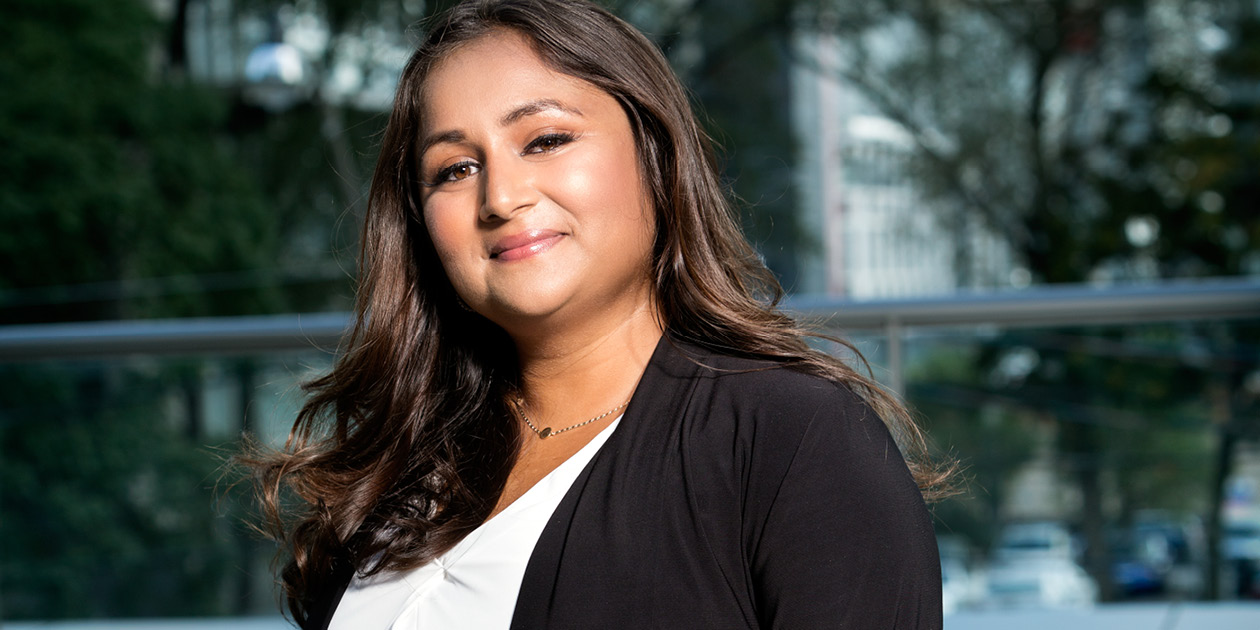 It only lasts for a second or two, but Gemma Abela actually flinches when she hears the words “logo placement.”
It only lasts for a second or two, but Gemma Abela actually flinches when she hears the words “logo placement.”
“Yes, it kind of makes me cringe,” the senior manager, brand marketing and sponsorships at Samsung Electronics Canada admits. That’s because she’s spent much of her early career trying to ensure that sponsorship dollars deliver a higher return, and align more closely with the business objectives than a simple logo can typically deliver.
Take the recent World Cup of Hockey as an example. While the Samsung name was everywhere including the Fan Village in downtown Toronto, the firm’s partnership with the NHL put laptops into the hands of coaches on the benches during games, so they could see replays and get other information that wouldn’t normally be available to them.
For 29-year-old Abela, this is how great sponsorship is supposed to work. Where there aren’t those opportunities to do more, she says, partnerships have ended, while others have been formed. She says it’s been an ongoing discussion she’s had to have with members of the Samsung Canada team.
“We get multiple requests (for sponsorship) a day, and so we really had to start looking at what’s needed across the board and how it would help our brands as a whole.”
The framework Abela developed took into account not only its popular Galaxy line of smartphones, but Samsung TVs and appliances. This was reflected in a campaign with Hockey Canada, as well as the integration of tablets and TVs into Samsung’s Chef Collection Showroom and Home Innovation Showroom. No matter the mix of tools, Abela says the approach to connecting with young, smart audiences remains the same.
“Technology should bring millennials closer to the things they care about,” citing sports and entertainment as two of the main pillars that drive a lot of her team’s work. Traditional measures of campaigns and sponsorships can still apply, but they’re far from the only ones she keeps top of mind.
“We don’t always think about it this way, but choosing a piece of technology like a smartphone can be a very personal, emotional decision. So what I’m focused on is trying to develop that pride of choice across our products.”
That work doesn’t come without its challenges. Though it has a strong presence here, Samsung is a huge international organization, and Abela and her team sometimes have less than 12 weeks to prepare before a particular device hits the market. Then there’s trying to educate consumers about technology innovations that are still in their infancy, like virtual reality: Abela and her team worked with Facebook Canada to make sure Samsung Gear VR would be the first in Canada to use its 360-degree video offering and launched a video that garnered more than three million impressions. She also made sure Samsung execs were among the subject matter experts talking about VR at everything from the Banff World Media Festival to the Toronto International Film Festival.
“We’re a powerhouse in terms of a global brand, but if we can bring that Canadian spin to it, we can not only own the market but own the analysis of what Canadian consumers’ wants and needs are,” she says.
To some extent, Abela’s journey in marketing started early. Though she considered other careers like medicine, her father—who worked in sales and marketing roles at Xerox—was an early influence in demonstrating what a career in business could look like.
Now managing a team of three brand managers and one assistant brand manager, Abela applies and hones her leadership skills by volunteering as a coach at Future Possibilities for Kids, which helps children in underserved communities create a “goal of contribution” and then acting on it. She’s clearly already acting on her own – and her future possibilities seem endless.
There are insights and anecdotes aplenty in our 30 Under 30 editorial package. To get the scoop on our finalists visit 30U30.ca and read full profiles of Canada’s next set of marketing leaders.











